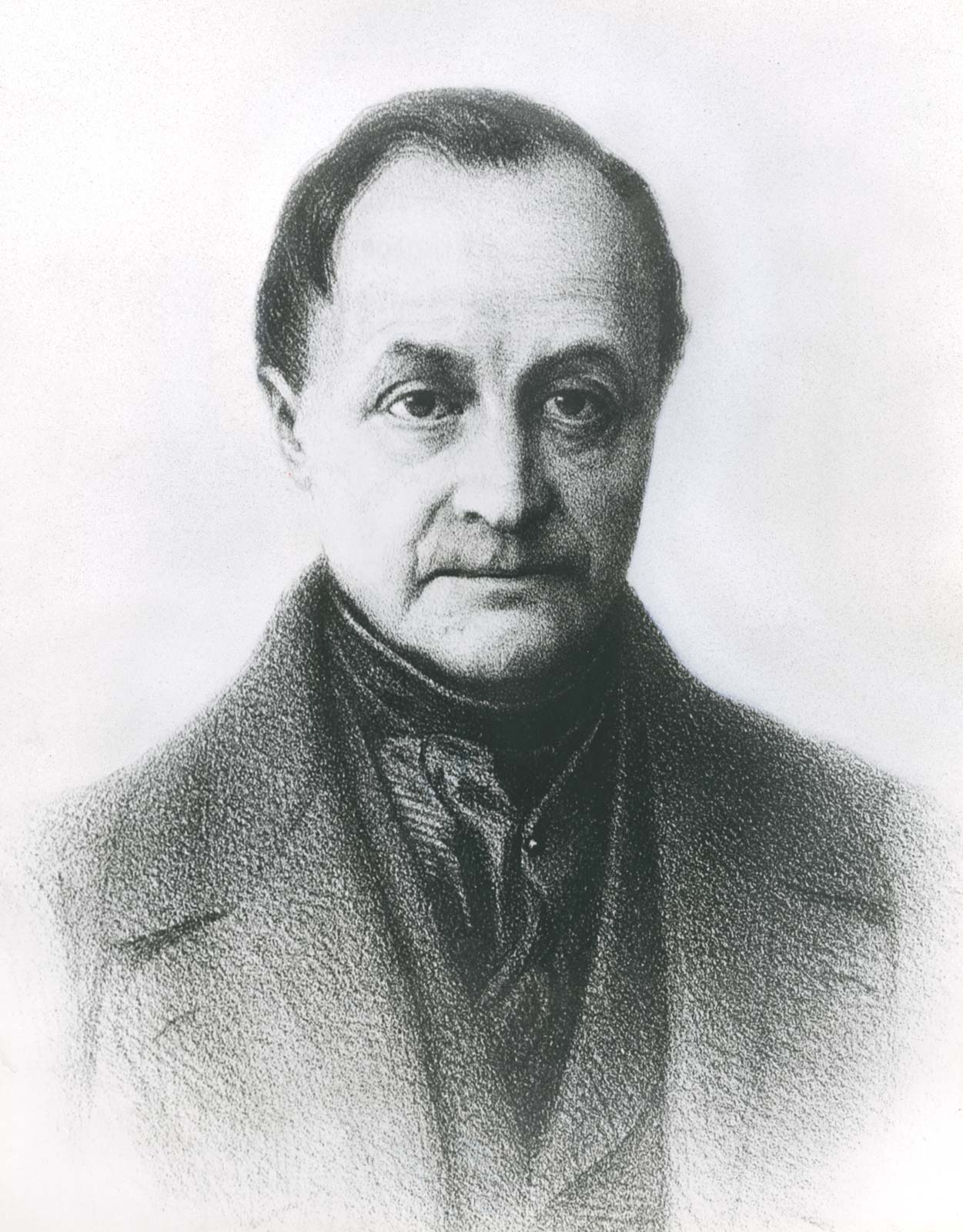Sociologists - Auguste Comte
“Men are not allowed to think freely about chemistry and biology: why should they be allowed to think freely about political philosophy?”
Summary
- French sociology who is known as the founder of Sociology
- Introduced the law of three stages
- Discussed what keeps society together, social statics and what changes society, Social Dynamics
- Started a ‘Religion of Humanity’ that focuses solely on morality

Introduction
- Auguste Comte (1798-1857) is known as the founder of sociology because he suggested to apply the scientific method, positivism, to study the social world.
- He coined the term ‘Sociology’ from the Greek word logos (study of) and the Latin word socius (being with others) in 1838.
- Whereas previous thinkers dating back to ancient Greece were more interested in an ideal society and how humanity might go about achieving it, Comte’s major objective was to understand how the contemporary society actually operates.
Law of Three Stages
Comte believed that the science of sociology developed over three stages in history:
- Theological Stage
- Metaphysical Stage
- Positivism
Stage 1: Theological Stage
The theological stage lasted from the beginning of human history to the end of the European Middle Ages around 1350 CE. The theological stage consists of religious and supernatural explanations of how society is formed. It talks about how society exists only because of God’s will. In this stage, everything from religion is accepted without any questioning or doubts.
Stage 2: Metaphysical Stage
The metaphysical stage consists of the renaissance of Europe in the 15th century. People started seeing society as a natural concept as compared to the theological stage where they saw society as a supernatural concept. People observed their surroundings, wrote down their findings and debated on it. People moved away from religious beliefs and started to go towards a more scientific approach of question. The metaphysical stage did not apply the actual scientific method where conclusions are based on empirical evidence, rather it was a transitioning stage.
Important contributors to the metaphysical stage were:
- Hobbes who worked on the social contract theory.
- Locke who stated that human beings have inalienable rights which also inspired the declaration of the independence of USA.
- Rousseau who also worked on the social contract theory.
Stage 3: Positivism
The positivism stage began with the early work of scientists like Copernicus, Galileo and Issac Newton. Comte argued that this is the final stage that uses scientific experimentation, observation and measurement. Nothing is believed in this stage unless there is hard empirical evidence.
Comte believed that society operates according to its own laws, just like the physical world and it can be understand through positivism.
Social Statics and Social Dynamics
-
Comte was a structural functionalist who pointed out a need to keep society together when many traditions were breaking down during the industrial revolution. Static sociology deals with order and how it is maintained: social groups, social institutions and organizations.
-
Comte also wanted to study the social change in the society and labeled it social dynamics. He considered change could be moral, political and economic. Society changes:
- If society changes naturally over time, then it is called Evolution.
- If the social change is brought by force, then it is called a Revolution.
- If it is according to the people’s will, then it is called Social Progress.
The Religion of humanity
-
Comte also developed the Religion of Humanity. It is a secular religion that believes traditional religion is not required to hold societies together but rather with the power of moral force alone.
-
A calendar was also created called the positivist calendar named after history’s greatest influencers. Each day was dedicated to a thinker.
Criticism
- Comte stated that humans would never learn the chemical composition of other planers which has been proven wrong.
- Comte states that when the transition is made from the metaphysical stage to the positivist stage, the force behind the metaphysical stage is absent. How can the force that helped reach the positivist stage be absent?
- Philosophers such as William Paley disagree with Comte’s purely scientific world where God is non-existent. Paley argues the creation of the world and all its precise functions clearly reflects the existence of a God.
Bibliography
- A General View of Positivism
- The Catechism of Positive Religion
- System of Positive Polity
- Auguste Comte and Positivism
- Introduction to Positive Philosophy
- Early Political Writings

Leave a comment